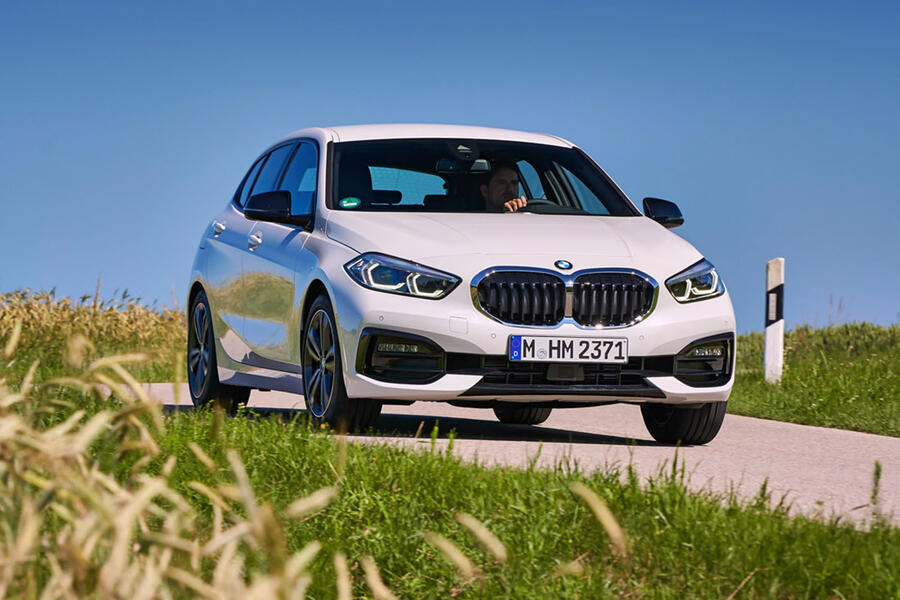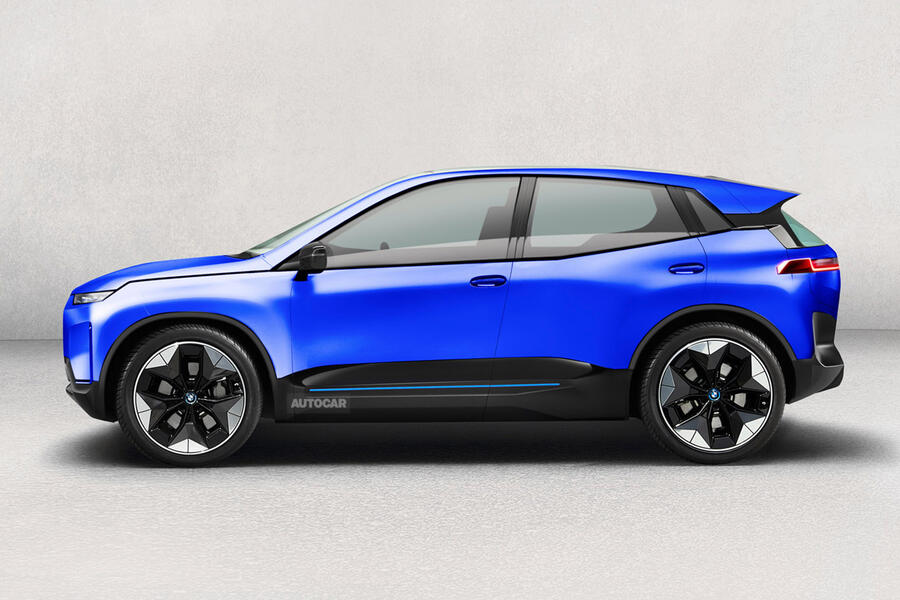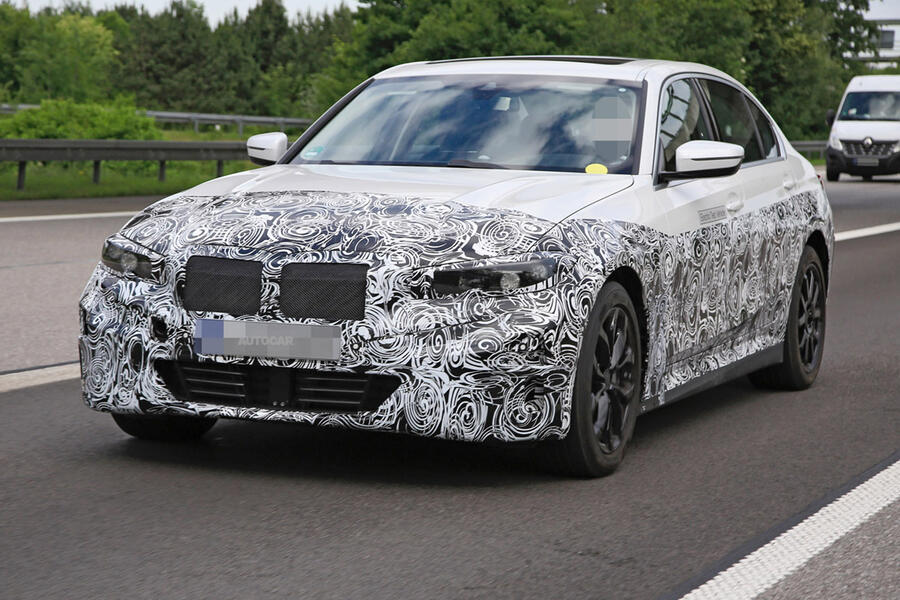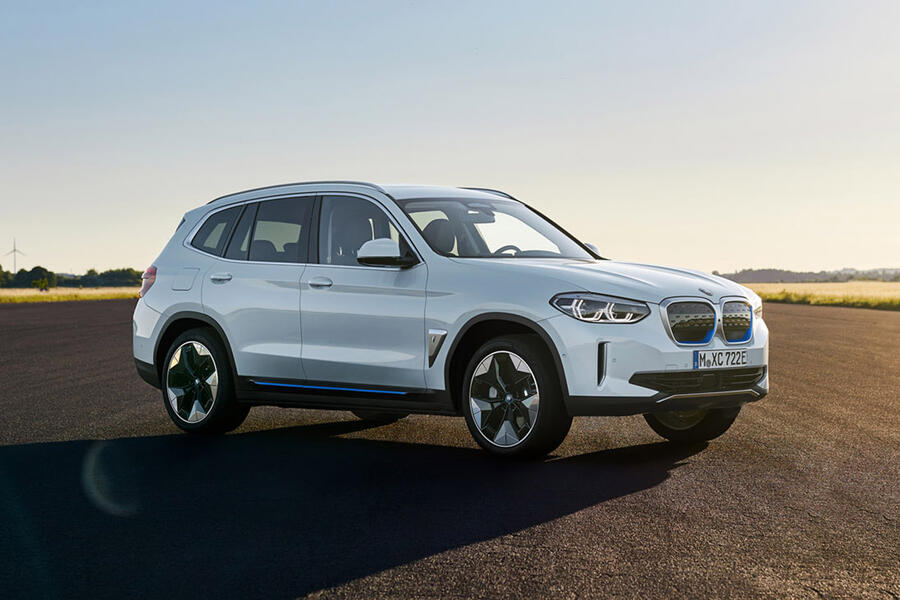The German manufacturer will launch the new cars as part of its new ‘Power of Choice’ sustainability plan, under which it has committed to selling more than seven million plug-in hybrid and pure-electric vehicles by the end of 2030.
The new plan, which will also include two electric cars from the Mini brand, is the first major initiative to be overseen by Oliver Zipse since he was promoted to the top of the Munich company last summer.
It is designed to make BMW a leader in electric vehicles sales against rival premium brands such as Audi, Jaguar, Lexus, Mercedes-Benz and Tesla and to help it meet increasingly tough targets to cut the CO2 output of its new models.
To date, the BMW Group has sold more than 500,000 electrified models across the BMW and Mini brands, but it expects that figure to have doubled by the end of 2021 as new electric and plug-in hybrid models are launched.
BMW expects to sell 4.6 million fully electric vehicles within the next 10 years – an average of 460,000 per year and a huge increase from the 42,249 sold last year (all of them an i3). It also expects to sell 2.4 million plug-in hybrids. To this end, it recently launched the six-cylinder petrol-electric 545e xDrive, which is aimed at the fleet market and is the fifth electrified 5 Series model.
Having already committed to offering plug-in hybrid variants of every existing model in its line-up, BMW’s new plan calls for a considerable increase in pure-electric model range, which is initially set to include at least nine new models. These include the recently unveiled iX3 and will continue with next year’s i4 five-door coupé and a production version of the iNext SUV (likely to be called the iX5).
While plans for Mini are less defined, Autocar can confirm the British brand is planning to build on its recently introduced Electric three-door hatchback with at least two new electric cars, including uniquely styled SUVs based on the iX1 and iX3.
The foundations for BMW’s ambitious strategy were laid with the establishment of the i electric vehicle division in 2011. But while BMW’s original electric vehicle plan centred on a dedicated platform, the second wave of electric models has been conceived around the company’s current FAAR and CLAR architectures.
BMW's Future Electric Car Line-Up
BMW’s sole electric production car to date is the i3. But while that’s a bespoke EV, the firm has now committed to offering electric versions of existing models in the coming years, starting with the iX3 in 2021. Here are all the cars – some confirmed, some not – that are under development.
BMW i1

An electric extension to the new 1 Series line-up. Like its sister model, the iX1 crossover, it will be based on the FAAR platform. Key competitors will include the Volkswagen ID 3.
BMW iX1

The iX1 is based on the third-generation X1 small SUV, due in 2022, and described by BMW insiders as an indirect replacement for the original i3, with a raised seating position and relatively compact dimensions.
BMW i3

The new i3, although not yet confirmed, will be based on the i4 fastback but take its styling from the 3 Series saloon. Insiders don’t rule out the possibility of a 3 Series Touring-based estate.
BMW iX3

This rear-wheel-drive SUV, planned to go on UK sale in 2021, is based on the current X3. It’s the first to use BMW’s fifth-generation electric drive system and new battery technology that will soon be adopted by other BMW EVs.